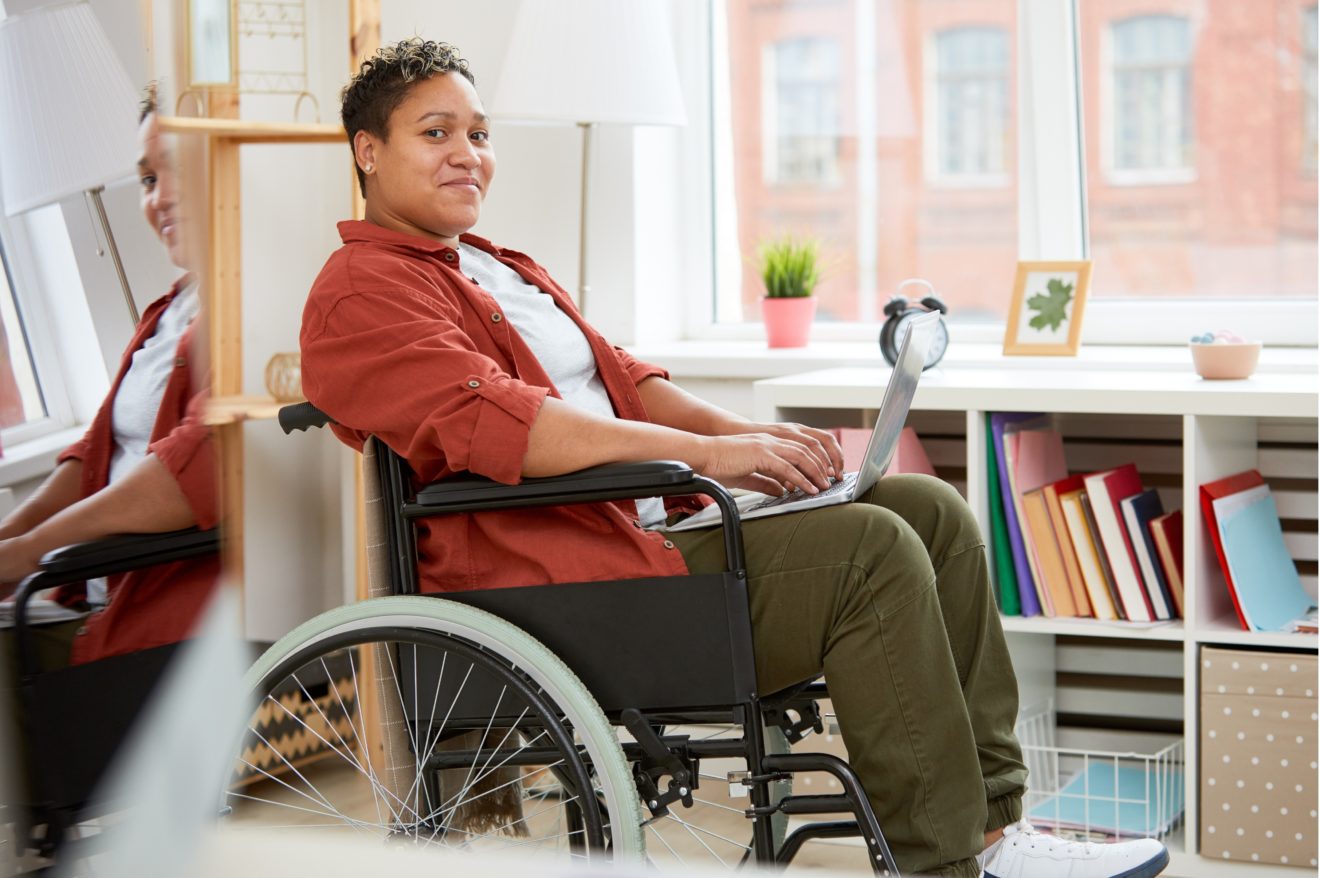
Language Guide
Words matter when it comes to talking about people with disability.
Written by people with disability, our guide offers best practice advice to assist all people, particularly media outlets, when talking about and reporting on disability.
PWDA Language Guide
To mark the 2021 International Day Of People With Disability, we launched a new edition of our popular Disability Language Guide.
This is just one way that PWDA works to influence the social narrative around respectful and inclusive language about people with disability and to improve the lives of people with disability.
As a resource for media, governments, and the disability and education sectors, the guide unpacks key factors which influence disability-related language, provides advice for media workers reporting on disability-related content, and identifies commonly misused terms and recommends suitable alternatives.
Content note: This guide contains ableist and offensive language.
Download PWDA Language Guide: A guide to language about disability

Language and disability
The choices people make about language have an impact on the way people with disability feel and are perceived in society. It is important there is awareness of the meaning behind the words that are used when talking to, referring to, or working with people with disability. Disrespectful language can make people with disability feel hurt and excluded and be a barrier to full participation in society.
Over four million Australians with disability watch television, read online stories, listen to the radio or podcasts and share news on social media. Yet, discussions and media stories about us don’t reflect the diversity or reality of our lives.
People with disability are often described in ways that are disempowering, discriminatory, degrading and offensive. Negative words such as ‘victim’ or ‘sufferer’ reinforce stereotypes that people with disability are unhappy about our lives, wish we were ‘normal’, and should be viewed as objects of pity.
These harmful stereotypes are simply not true. People with disability are people first, who have families, who work, and who participate in our communities. People with disability want our lives to be respected and affirmed. In addition, many people with disability are proud of being disabled, and want that identity respected.
Ends | Contact us
Videos and accessible media
Related content
Get involved
Become a member: Sign up now. It’s free!
Make a donation: Giving feels great!
Get our latest news: Straight to your inbox!

![PWDA-Services-5 - People with Disability Australia [IMAGE white line icon of three people]](/wp-content/uploads/2022/04/PWDA-Services-5-1320x743.png)
![PWDA-Services-8 - People with Disability Australia [IMAGE white line icon of a heart shape with a dollar sign in the centre]](/wp-content/uploads/2022/04/PWDA-Services-8-1320x743.png)
![PWDA-Services-6 - People with Disability Australia [IMAGE white line icon of newsletter with the word News in block letters]](/wp-content/uploads/2022/04/PWDA-Services-6-1320x743.png)